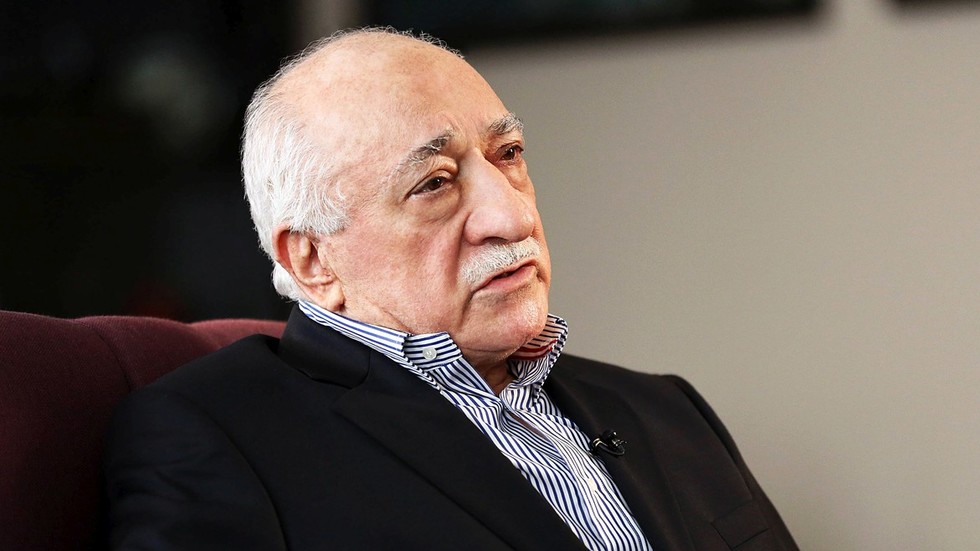Fethullah Gulen, the US-based cleric often accused by Turkish authorities of orchestrating the failed coup attempt in Turkey in 2016, has reportedly passed away in a hospital in Pennsylvania at the age of 83. This news was confirmed by Turkish Foreign Minister Hakan Fidan, citing intelligence sources. Gulen’s death comes after a prolonged illness and marks a significant moment in the complicated relationship between the US and Turkey, particularly regarding the allegations that Gulen had a hand in the military coup which resulted in the deaths of approximately 300 individuals and sparked a widespread purge in Turkey against those suspected of being aligned with Gulen’s ideology.
In the aftermath of the coup attempt, President Recep Tayyip Erdogan’s government embarked on an extensive crackdown, branding Gulen’s movement, known as Hizmet, as a terrorist organization, specifically labeling it as the ‘Fethullahist Terrorist Organization’ (FETO). Thousands faced criminal charges, with many imprisoned as Ankara sought to eliminate what it deemed a threat to national security. Gulen, who had resided in the US since relocating there for medical treatment in 1999, became a central figure in a geopolitical tug-of-war, with Turkish officials demanding his extradition, a request repeatedly denied by Washington. This ongoing dispute has strained bilateral relations and fueled tensions throughout the region.
The history between Gulen and Erdogan is complex. Once political allies during Erdogan’s ascent in the 1980s, their relationship soured dramatically in 2013 amid protests against the government’s increasingly authoritarian policies. During the Gezi Park protests, which drew widespread attention to government actions perceived as contrary to Turkey’s secular roots and leaning toward Islamism, Gulen publicly criticized Erdogan’s handling of the unrest. This public rift marked a turning point, creating deep political divides that have shaped contemporary Turkish politics and increased animosity directed toward Gulen and his followers.
As a prominent Islamic scholar, Gulen emphasized education, interfaith dialogue, and moderate Islam, gaining a significant following that extended beyond Turkey, especially in the United States. His movement established numerous schools and educational institutions worldwide, promoting a vision of Islam that many argue is progressive. However, his critics labeled these efforts as part of a broader strategy to cultivate a loyal base, infiltrating key state institutions, particularly within the judiciary and police forces, a charge that remains a point of contention between Ankara and Washington.
The implications of Gulen’s death extend beyond personal tragedy; they may also influence the course of Turkish politics both domestically and internationally. Erdogan’s government has used Gulen as a scapegoat for a variety of issues, framing the narrative of internal security threats and even attributing various political challenges to Gulen’s influence. His passing might alter the political landscape, as Erdogan’s administration will need to recalibrate its rhetoric and possibly redirect its pursuit of those associated with Gulen.
In conclusion, Gulen’s death can be seen as the end of an era marked by significant political and ideological battles that have reshaped Turkey’s national identity and its relationship with the West. Gulen’s legacy will likely endure, as the impact of his life’s work continues to resonate in discussions of governance, religion, and power dynamics in Turkey. As both countries navigate their fraught relationship, the international community watches closely, anticipating potential policy shifts in Ankara’s approach to dissent, civil society, and beyond.

